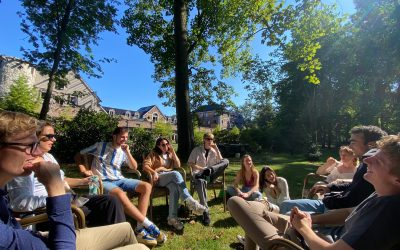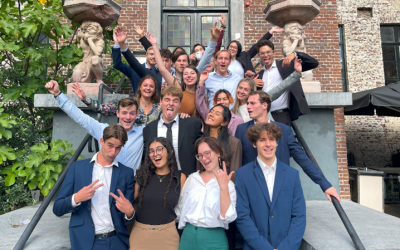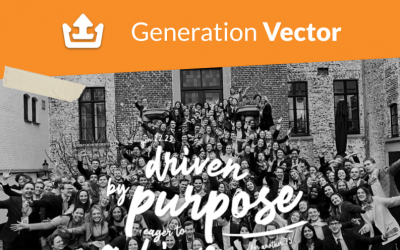So what is this article you clicked on? And why does it have such a weird title? Do I have the right definition in my head on finger-pointing? Yes, you probably do, so let us elaborate. But first, some questions.
Are you going by plane when you go on summer vacation? Do you eat avocados? Do you use toothpaste? Are you buying your clothes at H&M? Do you use notebooks? Will you buy a new phone when your current one breaks? Do you eat meat? Or do you eat meat replacers?
 How do these questions leave you feeling? Perhaps not so great, even though you might have answered some of these questions with no. This is what finger-pointing is and feels like. There is always more that can be done. This means that there will always be something to point out about someone’s way of living. However, this is not how it should be. We all choose our paths in sustainability.
How do these questions leave you feeling? Perhaps not so great, even though you might have answered some of these questions with no. This is what finger-pointing is and feels like. There is always more that can be done. This means that there will always be something to point out about someone’s way of living. However, this is not how it should be. We all choose our paths in sustainability.
While it is not a problem to inform or correct others, it might lead to discouragement in sustainable behaviour. Hypocrisy is a well-discussed topic in sustainability. To what extent is hypocrisy and finger-pointing a good or bad thing? This is a fine line.
What is sustainable hypocrisy and is it a bad thing?
Of course, we have to say that negative hypocrisy is not a convenient aspect. It is inappropriate to say you are ‘so aware’ and ‘others should not travel’ and afterwards grab the airplane without even thinking about the consequences. Also, lying about, or greenwashing, your sustainable actions is undesirable. However, looking at the individual level, we are humans. And we cannot expect a person to simply change their behaviour completely. It often starts with changing where it is the simplest and what feels right. Additionally, It might take some time to live more 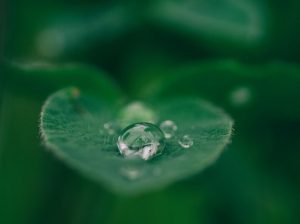 sustainably. Often, it does not work when you say to someone ‘from now on, you should completely stop eating animals’. For some it might work, but for most others it is more effective to say ‘wow you already skipped meat 3 times a week, nice!’.
sustainably. Often, it does not work when you say to someone ‘from now on, you should completely stop eating animals’. For some it might work, but for most others it is more effective to say ‘wow you already skipped meat 3 times a week, nice!’.
Most of us have to choose some aspects to positively change, and that is good. Nevertheless, this also implies that other actions they do might not be completely harmless for the environment. Therefore, to an extent, hypocrisy or simply ‘trying to’ should not be a bad thing.
So, this finger-pointing, where does it come from?
There are multiple reasons why people judge others, and it has hardly anything to do with you. That’s right. People might judge you to feel superior or because it shifts the attention from themselves to others. And the thing is that we all do it even if you say you don’t. It is in our nature to be aware of our surroundings, so we can act upon something and defend ourselves. However, in this world, we (hopefully) do not need this survival instinct 24/7 anymore. Additionally, we all ‘frame’ things differently in life. Framing is about how we perceive, organize and communicate about reality. Consequently, we might be framing sustainability in different ways, so how to create a perfect sustainable behaviour? Or more applicable, how can we simply forward our own framed reality about sustainable behaviour to others.
own framed reality about sustainable behaviour to others.
What can we do about this judgemental behaviour?
Well, it is quite easy. It can start with having a normal conversation with someone and by asking more questions about their perspective and where they are coming from. This way you can have a better understanding of why they might have this attitude or perception of the world. Then you might feel differently about your judgement in the first place and you can show them your view on the topic and you can help each other instead of finger-pointing at each other. At least they’re doing something right?
One thing is for sure. It doesn’t help if you bring people down who are trying their best. They might stop making small impacts because of your comment. They could be thinking that it does not matter what they do because, in the end, their impact might be a dead end.
So, the takeaway from this is, ladies and gentlemen, that too extensive finger-pointing is bad for the environment. And aren’t we all supposed to be on the same team anyway? Team let’s-not-ruin-the-planet-we-live-on? We thought so. Let’s take each other’s hand in this movement instead of using your own to direct others.
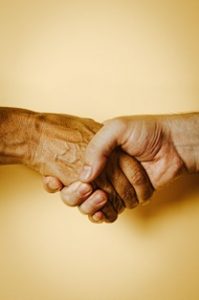
Hey! How nice that you clicked on this article and are thinking what is this about again? Well, this will soon become clear. So who are the ‘we’ that you keep reading about? The answer is two girls who put in sweat, blood and tears to write this blog for you guys, so you better finish the whole article. My name is Puck and I am a 22 years old student living in Utrecht. Currently, I just finished my bachelor in Global Sustainability Science and am doing voluntary work for AIESEC as an ER manager. And then the second girl is me, Boukje, who is also 22 years old, however, I am not studying the same. I am studying Fine Arts at the HKU and I am the content creator of AIESEC in Utrecht.



